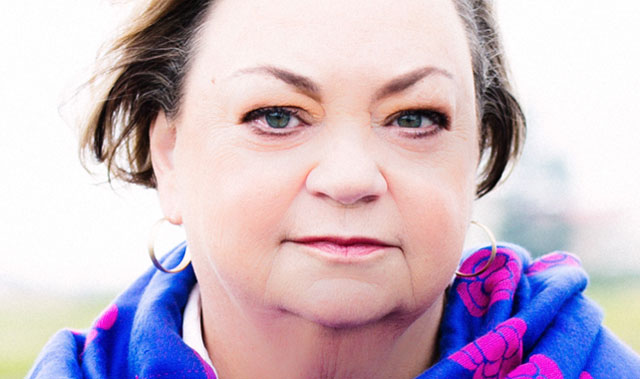
Two of South Africa’s biggest mobile networks, Vodacom and MTN, are facing major risks to their businesses amid government’s approval of a new national ICT policy.
This is according to the Democratic Alliance’s telecommunications shadow minister Marian Shinn, who says the policy is unconstitutional as networks have to “surrender” infrastructure and radio wireless spectrum.
Cabinet last week approved the policy which seeks to establish a single public-private sector owned wireless open access network (Woan).
The policy further seeks to provide high-demand spectrum to this Woan and shift away from networks having exclusive rights over this resource.
“All network providers or licensees have to belong to this network, to the Woan. If you don’t belong, you will not be allocated any spectrum,” Shinn said regarding the policy.
“MTN and Vodacom will obviously then resist and die because they can’t get hold of any of this spectrum. They also have to gradually release their spectrum into the central pot of spectrum that this Woan will have. So, all the existing stuff will go,” said Shinn.
Shinn said she also had concerns that the policy suggests that networks have to “make their physical infrastructure available to everybody and they have to make their costing available”.
“Their financials will be audited to make sure that they’re not overcharging everybody. So, they have to surrender their infrastructure. They have to surrender their IP (intellectual property), if it’s a property, to a common good, to a common pot,” said Shinn.
“Now, there is no private sector company with investors, money at stake that is going to hand over its financial jewels to a community organisation,” Shinn added.
Shinn further criticised the policy for being “monopolistic on a fundamental level”, entrenching ministerial intervention, and giving “rise to crony-heavy bureaucracies”.
In an interview on Tuesday, the spokesman for the telecoms & postal services ministry, Siya Qoza, said the ICT policy doesn’t intend to harm the private sector.
“There’s absolutely no intention of killing the industry or the private sector. In fact, the private sector has to play a greater role in this sector,” Qoza said.
“We’re not going to ram it down their throats. We are going to consult … we already have a track record of consulting. We’re going to continue consulting.
“But it must be open to all South Africans; it must be a sector that is inclusive,” he added.
Qoza said that government had consulted with South Africans across the country’s provinces over a period of years over the new ICT policy.
“At no stage did we try to avoid engaging South Africans, and we are not afraid to engage South Africans,” Qoza said.
“The proposals that are there are based on what South Africans told us. They are not based on one sector or one party. We consulted various stakeholders in government, outside of government,” said Qoza.
He said that government also engaged the mobile networks over the proposed policy but without giving details on their feedback.
“[The mobile networks] were engaged. We engage you [but] you don’t necessarily agree,” said Qoza.
Qoza said that he had also received “positive feedback from small players” on the policy.
The policy is expected to last for 10 years and can also be adjusted throughout that period as Qoza said it would be a “living document”.
One of the next steps is to turn the policy into various laws but this process would be consultative as well, Qoza said.
South Africa’s ICT policy, which has taken years to materialise, replaces the separate white papers on telecommunications (1996) and postal services (1998).
Apart from addressing the need for a Woan and changing how spectrum is managed, the policy further seeks rolling out broadband infrastructure and the “rapid deployment” of ICT services by minimising bureaucracy associated with getting municipal and other permissions.
Government has borrowed policies from Mexico and Rwanda to help formulate its ICT approach.




